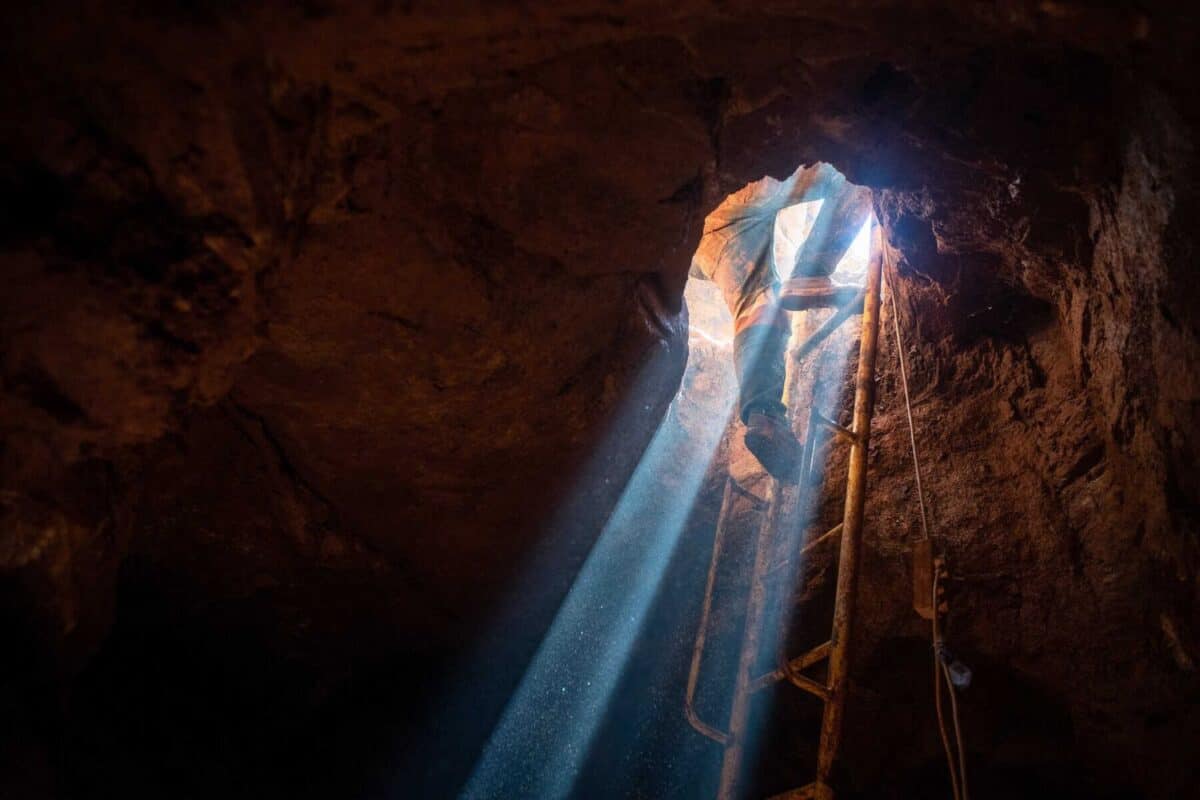The need to strengthen public-private partnerships was the central theme at the African Critical Minerals Summit.

South African miners are single-minded in their belief that the country’s critical minerals should be used to reindustrialise the country, driven by local mineral beneficiation to support the local economy and create jobs.
Following the two-day African Critical Minerals Summit 2025 held in Johannesburg this week, delegates said it was high time that minerals benefited the local economy in South Africa and Africa as a whole. Many mineral-rich African countries, including South Africa, export minerals but benefit little from their products, which instead have enriched leading world economies where they are exported.
Stakeholders agreed that Africa must move beyond exporting raw materials. Instead, the focus should be on establishing industries that enable local processing, refining, and manufacturing. This will ensure that the continent not only participates in, but also leads, the global energy transition and technological revolution.
Africa’s minerals must be harnessed for Africans first
Fortune Mlalazi, CEO of Goldfox Engineering, questioned why Africa was rich in minerals but poor in wealth.
Mlalazi highlighted that the continent holds 40% of the world’s gold reserves, 50% of diamonds, 90% of platinum and cobalt, 30% of uranium, aluminium and graphite, 12% of the global oil and 65% of the world’s agricultural land, yet its people were starving.
“Let us be clear, sovereignty is not isolation, it is about negotiating with strength, building partnership and discipline and ensuring that Africa’s minerals are harnessed for Africans first, while contributing responsibly to the global economy,” Mlalazi said.
ALSO READ: New mining giants tipped to drive Africa’s critical minerals boom
Participants were of the view that Africa’s mineral wealth is not merely about commodities, but about industrialisation, innovation, job creation and energy security. Critical minerals, such as lithium, cobalt, and manganese, have been identified as key enablers of the green energy transition, positioning Africa as a central player in the global shift toward renewable energy and advanced technologies.
The discussions also highlighted Africa’s unique opportunity to rewrite the narrative of resource exploitation by ensuring that mineral wealth translates into long-term social and economic benefits for African people.
Partnerships between state and private sector
The gathering was attended by government leaders, business representatives from the mining sector, major banking companies, civil society, academia, and economists – all from South Africa and the rest of Africa. They debated the way forward on how Africa’s abundant mineral wealth could be leveraged to drive sustainable growth, inclusive development and global competitiveness.
The need to strengthen public-private partnerships was the central theme as the summit explored the key role of partnerships between the state and private players. A panel comprising representatives of the country’s top four banks – Absa, Standard Bank, Nedbank and FNB, among others – looked at financing models, technology transfer and infrastructure development with a collective understanding that no single entity can achieve transformation in isolation.
Participants also emphasised the need for sustainable and responsible mining. They said it is a necessity for mining activities to be aligned with environmental preservation, community empowerment and renewable energy solutions. Responsible mining practices were positioned as essential to ensure the longevity of Africa’s resources and the well-being of its people.
ALSO READ: Small towns in KZN welcome activists’ support in fight against coal mining company
The African Continental Free Trade Area was a prominent feature of the discussion, as stakeholders focused on how trade should benefit the continent, particularly given its abundance of critical minerals. A recurring theme was the need to harmonise policies across African countries to strengthen intra-African trade.
By working together, African nations can increase their collective bargaining power, protect local industries and position the continent as a formidable global player in the critical minerals market.
Inclusion of youth and women
Speakers emphasised the inclusion of youth and women in the mining value chain. Both Matthews Phosa, the chairperson of Jubilee Minerals Group, and Patrick Lubega, a guest speaker from the African Minerals Strategy Group in Uganda, emphasised the importance of including women and youth in the supply chain.
Phosa, who is also the former ANC treasurer-general, said his mining firm was involved in mentoring young people in the mining industry to prepare them to become top miners and future industry leaders.
Lubenga said that, with Africa having the youngest population in the world, each young person should possess a skill that can help the continent become more competitive globally. On that basis, the summit encouraged programmes that foster mentorship, training and entrepreneurship for youth and women groups.
The summit’s discussion on centring beneficiation, sustainability, and inclusive participation was seen as a reaffirmation of its commitment to ensuring that Africa’s mineral wealth benefits not only the continent but also contributes to a more sustainable and equitable global economy.
READ NEXT: ‘Unacceptable that SA mines are surrounded by squatter camps’
Support Local Journalism
Add The Citizen as a Preferred Source on Google and follow us on Google News to see more of our trusted reporting in Google News and Top Stories.








